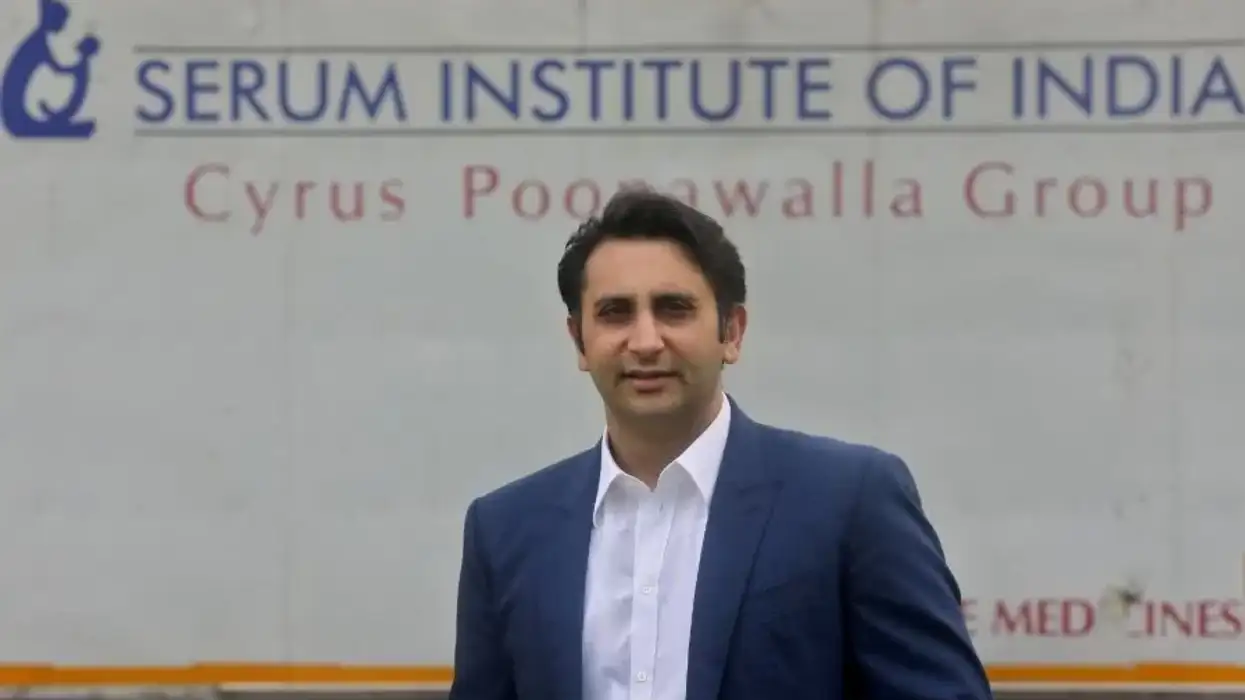A fire broke out Thursday(21) at India's Serum Institute, the world's largest maker of vaccines, but a company source said production of drugs to prevent coronavirus was not affected.
The Serum Institute is producing millions of doses of the Covishield coronavirus vaccine, developed by AstraZeneca and Oxford University, for India and many other countries.
Local TV channels showed thick clouds of grey smoke billowing from the sprawling site in Pune, in western India.
"It is not going to affect production of the Covid-19 vaccine," a source at the Serum Institute told AFP, adding that the blaze was at a new plant under construction.
An official at the local fire station said that six or seven firetrucks had reached the site, spread over 100 acres (40 hectares).
Three people were reported to have been rescued from the blaze, with another unaccounted for.
"Thick smoke is hampering the work of bringing the fire under control," the fire brigade told NDTV.
The complex where the fire broke out is a few minutes drive from the facility where the coronavirus vaccines are produced, reports said.
Eight or nine buildings are under construction at the complex to enhance its manufacturing capability, NDTV reported.
Huge vaccine rollout
Serum Institute -- founded in 1966 by Cyrus Poonawalla -- is the world's largest vaccine manufacturer by volume, producing 1.5 billion doses a year even before the coronavirus pandemic.
It makes vaccines against polio, diphtheria, tetanus, hepatitis B, measles, mumps and rubella, which are exported to more than 170 countries.
The company has spent nearly a billion dollars in recent years enlarging and improving the giant Pune campus.
In January, Indian regulators approved two vaccines -- Covishield, produced by the Serum Institute, and Covaxin, made by local firm Bharat Biotech.
India began one of the world's biggest vaccine rollouts on Saturday, aiming to vaccinate 300 million people by July with both Covishield and Covaxin.
Many other countries are relying on the Serum Institute to supply them with the vaccine.
India exported its first batch on Wednesday(20) -- to Bhutan and the Maldives -- followed by two million doses to Bangladesh and a million to Nepal.
The country plans to offer 20 million doses to its South Asian neighbours, with Latin America, Africa and Central Asia next in line.
Serum Institute also plans to supply 200 million doses to Covax, a World Health Organization-backed effort to procure and distribute inoculations to poor countries.
Brazil last weekend was set to send a plane to collect two million doses from Serum but President Jair Bolsonaro said that "political pressure" in India had postponed the flight.
Serum chief Adar Poonawalla told the Times of India it would supply Brazil in two weeks.





